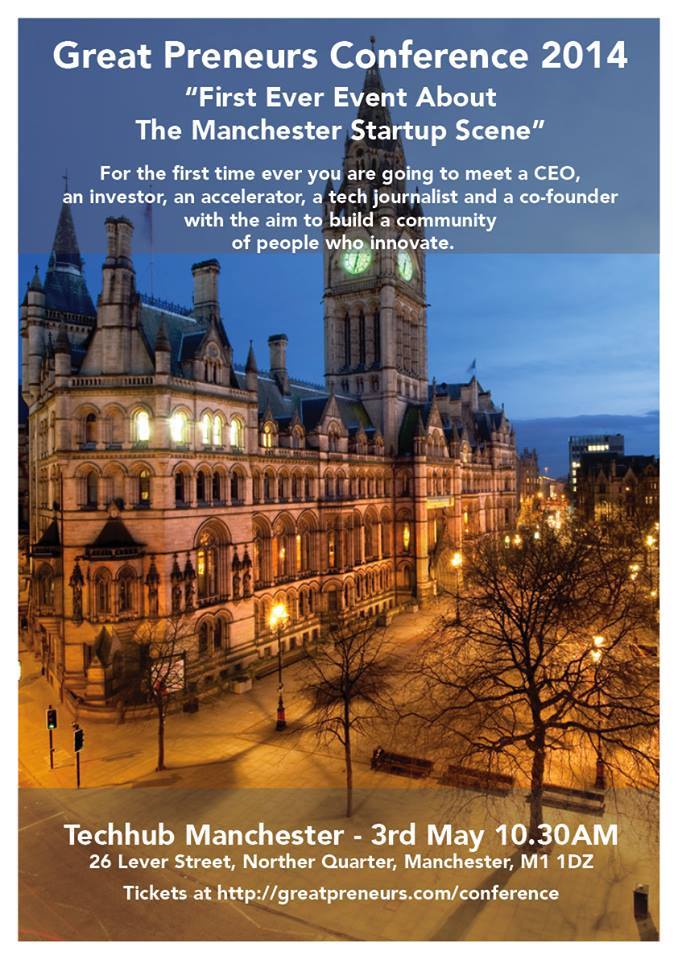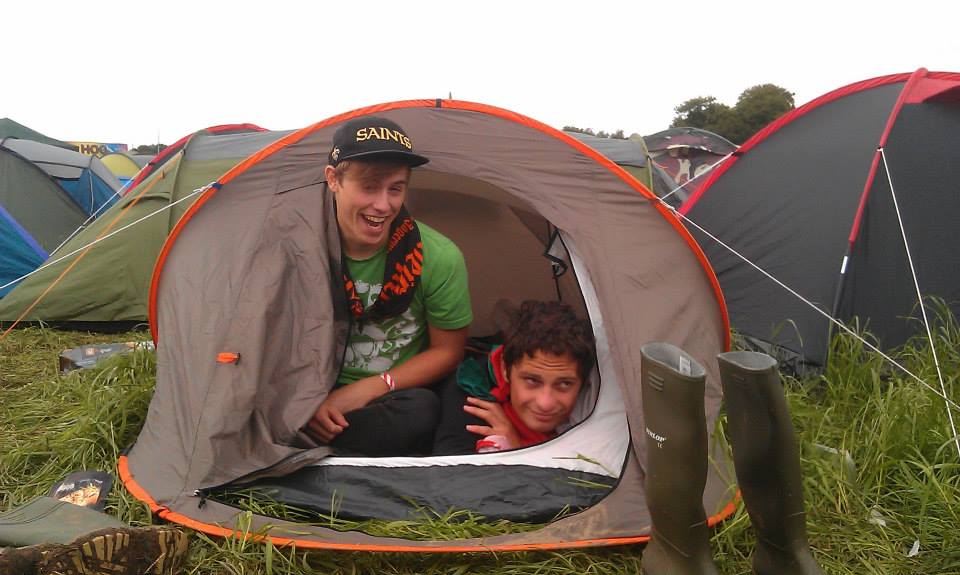I had the chance to interview Hector Kolonas a couple week ago. He attended the University of Manchester and got a degree in CS. I guess many of you might be interested in his entrepreneurial journey. The interview was firstly published here.
Hector Kolonas is the Founder of Desk&Co, a company whose aim is to give entrepreneurs and businesses the place, and the space, to grow and to succeed.
Who are you?
I’m one of those guys who’s always been drawn towards entrepreneurship somehow. My ‘first business’ was selling bespoke mothers day cards to kids at my brothers nursery school at the age of 6. When I was 13 I fell in love with how you could reach people around the world through something as simple as HTML. And it was all there for me to learn, for free, just by clicking ‘view source’ in that ‘hidden menu’. It wasn’t long before I began funding my online experiments, through providing online advice or services to businesses.
How many businesses have you founded?
I mostly build ideas into prototypes before evaluating if they’d have a chance to become sustainable businesses. By doing so I find myself with more projects and domains than I can always remember off the top of my head. I have 2 established businesses with my third, Desk&Co, on route to be spinning out into an incorporated entity at some stage in 2014. The previous two include an online magazine in Cyprus and a company that builds bespoke marketing platforms for advertising agencies.
Can you explain to us what DeskandCo is about in 140 characters?
We give entrepreneurs the place and space to grow and succeed. Affordable desks, services and products through a network of partners.
How did you come up with the idea behind DeskandCo?
When I launched my first commercial website at 17 I saw how hard it was for first-time entrepreneurs to get access to top-quality services, products and partnerships. I promised myself back then, that one day I’d be wealthy enough to help other early-stage entrepreneurs have a fighting chance. Whilst pre-emptively avoiding some emergency PR situation for clients in Cyprus after the bank freeze in March, I realised I could already start helping entrepreneurs, and the local start-up ecosystem.
The mission became crystal clear, I could help empower ecosystems one desk at a time.
Is there anything that keeps you awake at night in order to work on your startups? Where do you find your motivation?
Entrepreneurs are cut of a different cloth. We love solving problems, and seeing the results turn into value down the line. I find my motivation from two main sources. Making the people that support and believe in me proud is the first. The child-like smile I get when I walk past someone who is happily using something we’ve released is a close second.
You graduated from the University of Manchester, the city where we are based. How useful was the university in helping you to achieve what you have?
To avoid going down a long list of what I disliked about how universities in the UK treat and teach entrepreneurship, I’ll instead focus on the positives. The University of Manchester gave me access to an international network of students, and the time to try new things. I’m not sure how many prototypes I launched during my ‘reading’ weeks at the uni, but being able to do so whilst being a student made it possible to fail softly without having to panic about the ‘what if it doesn’t work’ whilst building them up.
Does an entrepreneur need to be technical in order to found a tech startup?
I don’t believe that. So long as they can take the time to understand the basics. That being said, some great technology was developed by people who didn’t see the boundaries or restrictions us ‘techies’ might see. Business, thankfully isn’t all 1s and 0s, and thus neither are tech startups.
What do you think about the Manchester startup scene and how would you compare it to the Cyprus’ one?
The Mancunian startup scene is growing nicely, with some really great products and services being developed here. There’s also a lot of interesting people pushing the scene, calling for the attention of both the government and investors alike. In Cyprus the scene is very young, but I see it growing rapidly due to the unfortunate decline of the job market.
The main difference between the two markets is that in Manchester, a few startups have found actual pain-points to cure, but in Cyprus we’re still mostly developing ‘local-solution’ concepts. (of course I generalise and mean no offence to startups like Avocarrot and Funifi)
What’s the best city for startups in Europe and why?
Ignoring London, Tel Aviv and Berlin are the best places. I’m also seeing a lot of movement in Athens, Barcelona, and most recently in Copenhagen. All three are taking measures to unite and empower their local startups.
Although I’m a bit biased, I would still strongly suggest starting businesses in Manchester. With its growing amount of successful investments, ease of travel (both nationally and internationally) and affordable cost of living, it just makes sense. There’s also a great community of very talented people here.
You are currently in six countries, where are you planning to expand next? Is Europe the place to be or might the United States be a flourishing market?
We still have a lot of work to do in the cities we’re currently working on empowering, but we do have our sights on even more territories outside of Europe. Where we go next however, depends totally on where entrepreneurs need us most. We are in constant contact with our Startup Ambassadors and Local Heroes in cities we have yet to launch in. We’d love to jump across the pond and be able to empower entrepreneurs in the US market… and we probably will sooner rather than later. Anyone want to introduce us to some awesome co-working spaces? Tweet us at @deskandco!










